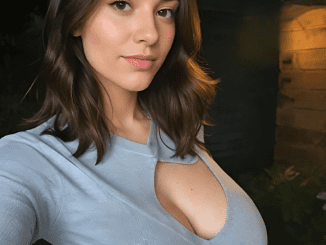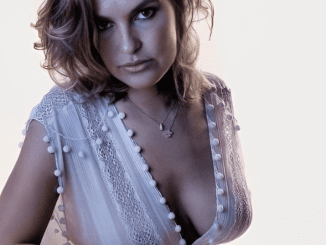Blake Lively, beloved for her roles in films and television, is making headlines for an entirely different reason—a legal battle with her It Ends With Us co-star and director, Justin Baldoni. The lawsuit filed by Lively accuses Baldoni of s*xual harassment, orchestrating a smear campaign, and fostering an unprofessional work environment on set. Central to the case is a list of 30 demands Lively presented to address her safety concerns and establish clear boundaries during production.
This dispute sheds light on the larger issues of harassment, professionalism, and safety in Hollywood. Let’s take a closer look at the allegations, Lively’s demands, and what this case could mean for the entertainment industry.
The Allegations Against Justin Baldoni
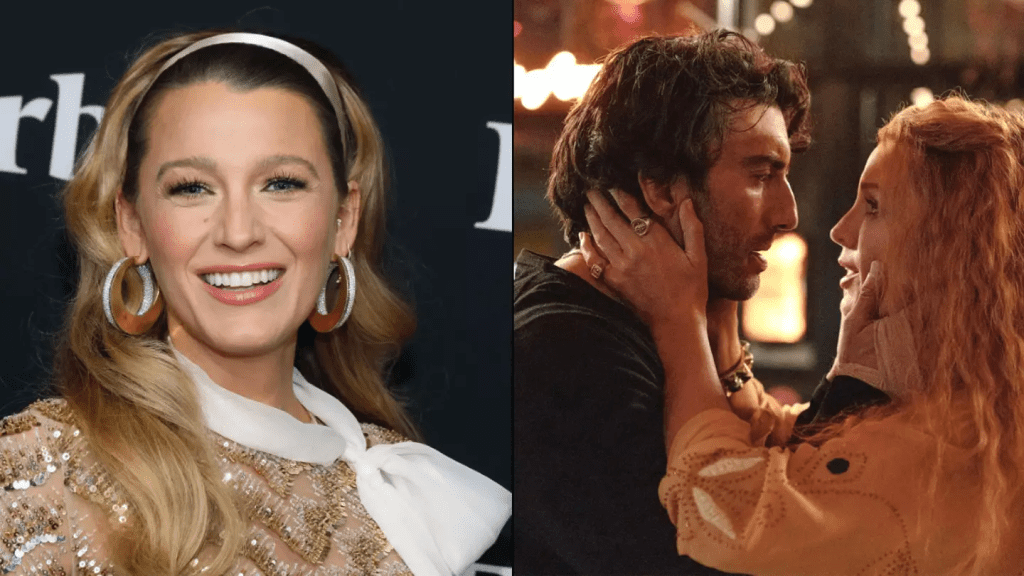
Blake Lively’s lawsuit against Justin Baldoni centers around troubling claims of inappropriate behavior and a hostile working environment. Among the allegations are instances of sexual harassment and a targeted smear campaign designed to damage her reputation.
One shocking revelation included in the lawsuit involves text messages reportedly sent by Baldoni’s team, which allegedly show Baldoni expressing a desire to “bury” Lively in response to her concerns. His legal team has denied all allegations, calling them “false and defamatory,” and accused Lively of fabricating the claims to salvage her public image.
The escalating tensions between the two have not only disrupted production but also sparked a broader conversation about accountability and respect in the workplace.
The January 2024 Meeting: 30 Demands for Safety and Boundaries
In January 2024, following the actors’ and writers’ strikes, a pivotal meeting was held between Blake Lively, her husband Ryan Reynolds, Justin Baldoni, and producer James Heath. During this meeting, Lively presented a detailed list of 30 demands to address her concerns and ensure a safe working environment for everyone involved in It Ends With Us.
Key Points From Lively’s List of Demands
1. Establishing Professional Boundaries
- Baldoni and Heath must refrain from making inappropriate comments regarding s*x, pornography, or genitalia.
- No physical contact or s*xual comments without explicit consent.
- All intimate scenes to be fully choreographed and overseen by an intimacy coordinator.
2. Ensuring Safety on Set
- Mandatory presence of an intimacy coordinator during scenes involving nudity or simulated s*x.
- Restricted access during intimate or violent scenes to approved personnel only.
- Engagement of a third-party producer to oversee safety, logistics, and creative elements for the remainder of the shoot.
3. Transparency and Representation
- Lively’s request for a personal representative on set during scenes involving nudity, violence, or sensitive subject matter.
- Regular updates regarding potential health risks, including COVID-19 exposure.
- A final meeting with Baldoni, Heath, and other key stakeholders, including Ryan Reynolds, to confirm adherence to her demands.
These demands were aimed at protecting not only Lively but also the cast and crew, fostering a professional and respectful environment on set.
Allegations of Inappropriate Behavior
The demands outlined by Lively also shed light on alleged misconduct during the production of the film. Some of the most disturbing accusations include:
- Showing Lively unsolicited nude images or videos.
- Improvising physical contact, such as kissing or biting, without prior discussion or approval.
- Making disparaging remarks about HR complaints and minimizing their importance.
- Discussing personal and inappropriate topics, including Baldoni’s own experiences with consent violations.
- Claiming to “speak” to Lively’s late father in what she described as a deeply inappropriate manner.
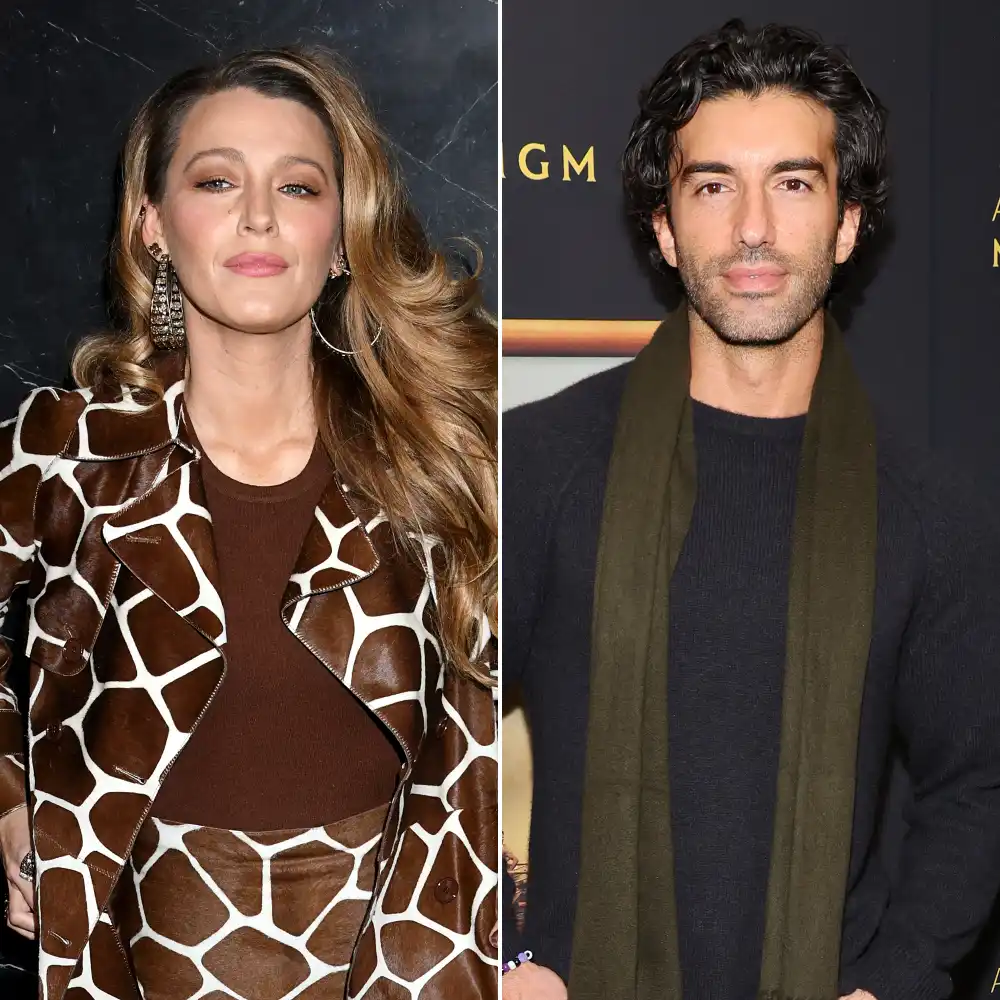
These accusations paint a troubling picture of the environment on set, further emphasizing the need for stricter boundaries and oversight in the industry.
Justin Baldoni’s Defense and Counterclaims
In response to the lawsuit, Baldoni’s legal team has categorically denied the allegations and accused Lively of spreading falsehoods to damage his reputation. They claim the lawsuit is a “desperate” attempt by Lively to repair her public image and shift blame onto Baldoni.
The counterclaims have further escalated the public nature of the dispute, sparking debates about credibility, accountability, and the challenges of navigating professional disputes in the public eye.
Ryan Reynolds’ Support for Blake Lively
Ryan Reynolds, known for his unwavering support of his wife, played a key role in the January 2024 meeting. By standing by Lively and attending the negotiations, Reynolds demonstrated his commitment to her well-being and advocacy for a safe and professional working environment.
His involvement not only provided emotional support but also ensured that Lively’s concerns were taken seriously during the discussions. It’s a reminder of the importance of allyship and standing up for loved ones in challenging situations.
Hollywood’s Broader Issue: Harassment and Power Dynamics
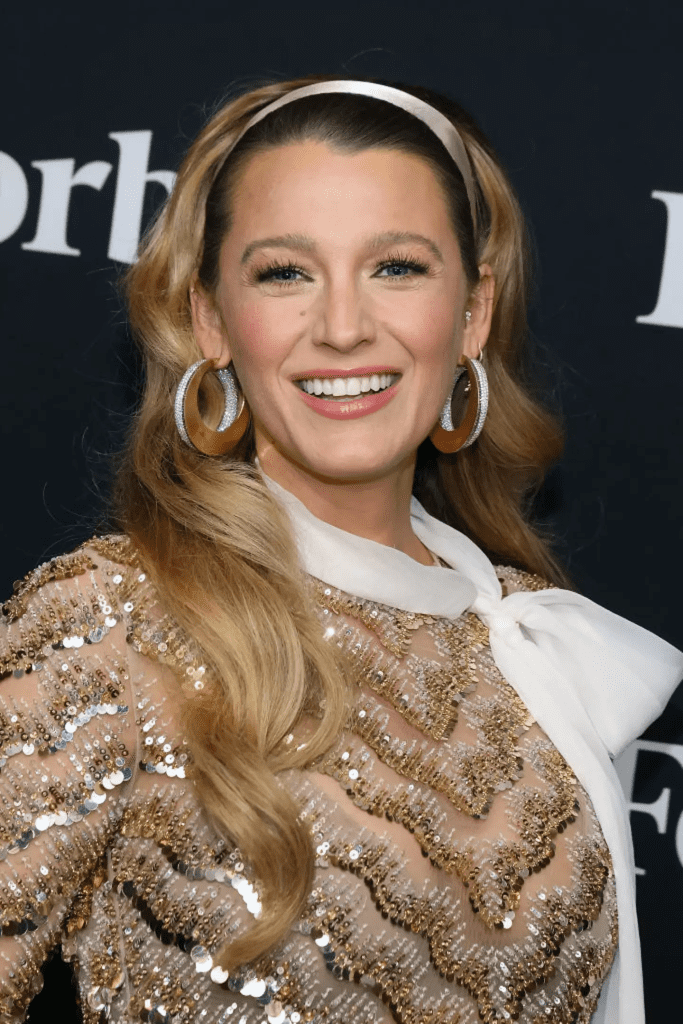
This legal battle is not an isolated incident. Hollywood has a long history of grappling with issues of harassment, boundary violations, and power imbalances. While movements like #MeToo have sparked significant change, Lively’s case highlights that much work remains to be done.
The entertainment industry must prioritize creating safe and respectful work environments. This includes implementing mandatory protocols such as the use of intimacy coordinators, ensuring HR complaints are taken seriously, and holding individuals accountable for misconduct.
Lively’s lawsuit serves as a powerful reminder of the challenges actors, particularly women, face in the industry. It underscores the importance of speaking out and demanding change, even in the face of potential backlash.
What’s Next for the Film and the Lawsuit?
The future of It Ends With Us remains uncertain as the legal battle unfolds. While Lively’s demands were a necessary step to resume production, the lawsuit has cast a shadow over the project. Whether the film can move forward without further controversy remains to be seen.
This case also has broader implications for Hollywood, setting a precedent for how the industry handles allegations of misconduct and works to create safer environments for cast and crew members.
Conclusion: A Call for Change in Hollywood
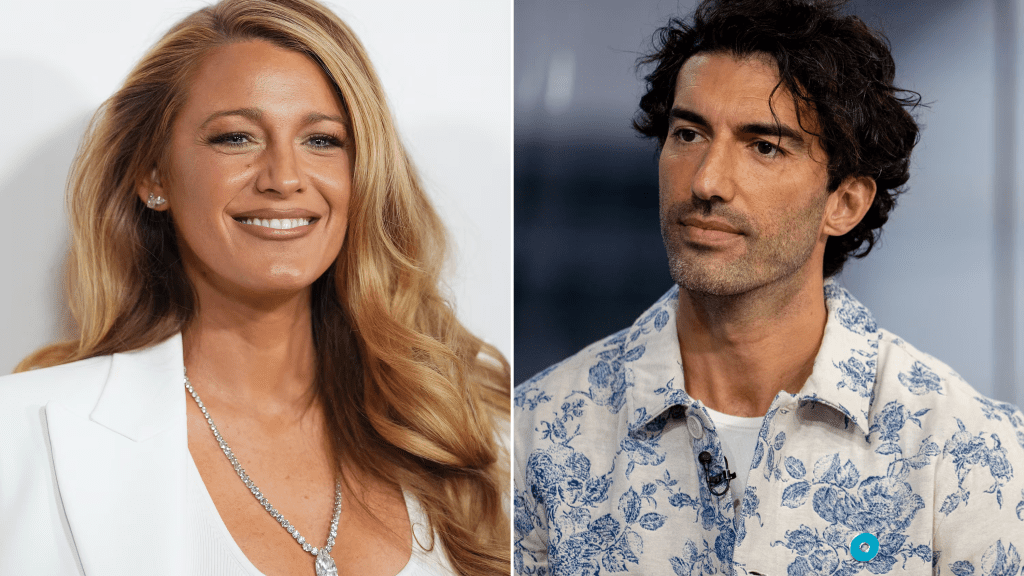
Blake Lively’s ongoing dispute with Justin Baldoni is more than just a legal battle—it’s a wake-up call for Hollywood. The allegations, coupled with Lively’s detailed demands, shine a spotlight on the need for accountability, respect, and clear professional boundaries in the entertainment industry.
This case serves as a reminder that no creative vision or project should come at the expense of personal safety or dignity. As the industry continues to evolve, the hope is that stories like Lively’s will drive meaningful change and inspire a culture of respect, professionalism, and collaboration.
At its core, this case isn’t just about one actress or one director—it’s about setting a new standard for how Hollywood treats its talent and protects its people. It’s a call for accountability, compassion, and the prioritization of human dignity above all else.

